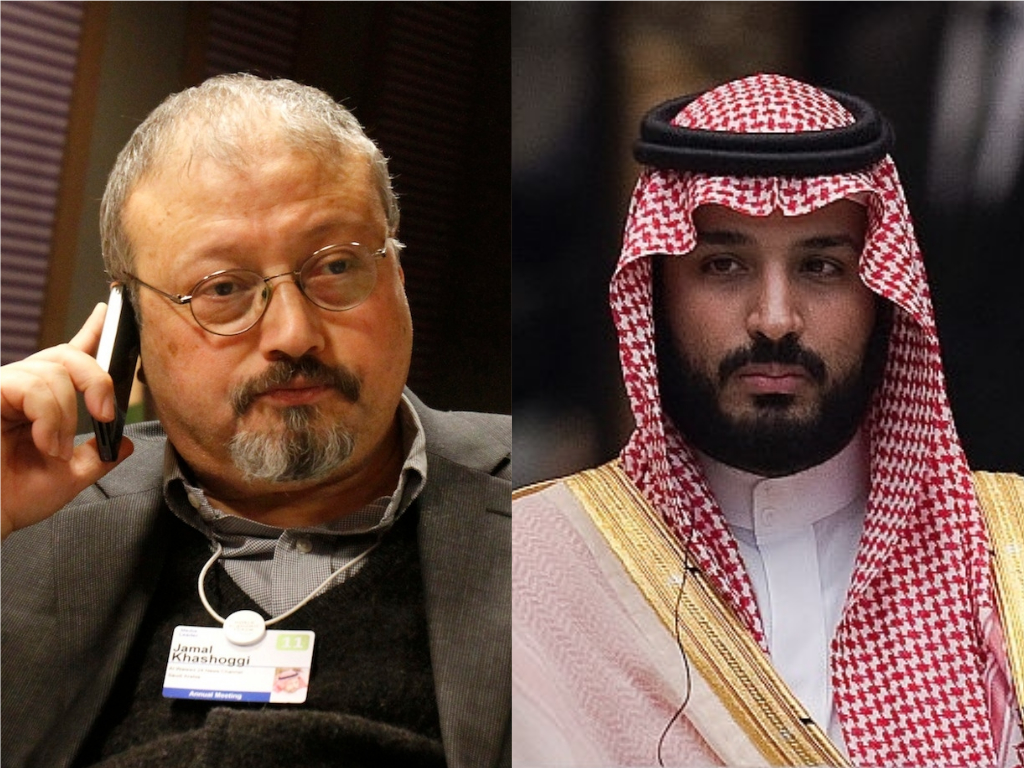- David Kaye, the UN’s special rapporteur on the promotion and protection of the right to freedom of opinion and expression, is calling on spyware companies like the NSO Group to stop selling and licensing their products while a legal framework for their use is worked out.
- A report to the UN calls out instances of human rights abuses, including the targeting of journalists and human rights workers in Mexico who report on the drug trade.
- Visit Business Insider’s homepage for more stories.
The United Nations’ special rapporteur on the promotion and protection of the right to freedom of opinion and expression is calling for a temporary halt on the sale and export of intrusive spyware that it says is used by governments to spy on journalists, human rights workers, and political dissidents.
The report specifically calls out the NSO group, an Israeli company that manufactures a surveillance technology called Pegasus, which a lawsuit alleges the Saudi government used to help track and kill Washington Post columnist Jamal Khasoggi; NSO says its products were not used against Khasoggi.
David Kaye, the UN special rapporteur, compiled a report on the dangers of surveillance technologies like Pegasus, saying that use of surveillance “has been shown to lead to arbitrary detention, sometimes to torture and possibly to extrajudicial killings.”
“Such surveillance has thrived amid weak controls on exports and transfers of technology to Governments with well-known policies of repression,” the report continues.
The report specifically names the NSO Group and its Pegasus technology, which allows NSO Group's clients to break into specific cell phones. The report details an instance in Mexico and alleges that Pegasus was used to tap into the mobile phones of people who covered the drug trade in that country. Mexico is notoriously unsafe for journalists reporting on drug cartels there and, according to a report by Reporters Without Borders, the government doesn't do nearly enough to protect the press.
In May, a security flaw in the messaging service WhatsApp left its 1.5 billion users vulnerable to an attack from Pegasus. A human rights attorney in the UK fell victim to the attack before WhatsApp was able to patch the vulnerability.
While the report doesn't specifically name Khashoggi, it does specifically cite concern for the wellbeing of journalists and political dissidents.
Khashoggi was murdered in Turkey last October. A UN human rights expert called for an investigation last week into Saudi Crown Prince Mohammed bin Salman. The expert, Agnes Camallard, said that there was "credible evidence" of bin Salman's involvement in the killing, The Washington Post reported.
A lawsuit filed by Omar Abdulaziz, a Saudi dissident living in Montreal, alleges that the Saudi government used NSO's technology to spy on his communications with Khashoggi, leading to the latter's murder and detention of some of Abdulaziz's family members, according to The New York Times. NSO Group says that its products were not used in the tracking of Khashoggi.
The company says that its products are used only to lawfully help governments fight terrorism, and customers are fully vetted.
"Licensed use of this technology helps prevent terrorist attacks, stop drug and sex trafficking rings, and rescue kidnapped children, but it is not a tool to be weaponized against human rights activists or political dissidents. That's why there is such a high bar for ever becoming a licensed customer and why it is licensed on such a small scale," a spokesperson for NSO Group told INSIDER.
"We are bolstering our already rigorous vetting process to be in line with the UN Guiding Principles on Business and Human Rights and have consistently sought the input of the human rights and intelligence community to help protect innocent people's right to life, liberty and security," the spokesperson said, also noting that NSO Group has a Business Ethics Committee made up of independent experts which can block sales.
The UN report names several other companies which it says helps countries spy on their citizens, including Gamma Group, Trovicor, and FinSpy, and outlines a legal framework for companies to abide by in order to continue selling and licensing their products, including proposed regular transparency reporting, regular audits to ensure compliance with international human rights law, and mechanisms by which victims of human rights abuses can address their concerns with the companies.

